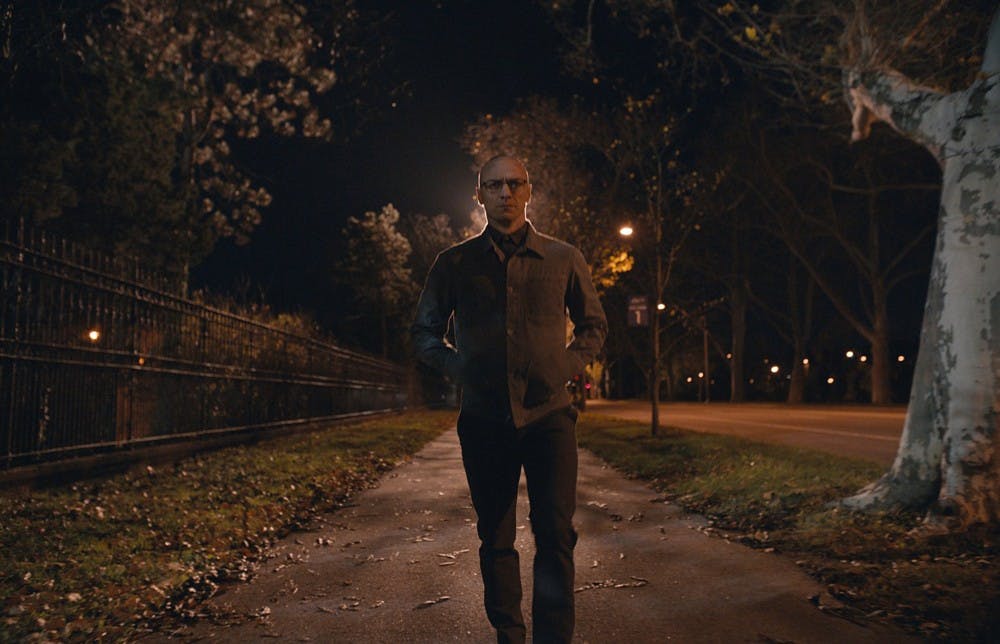Following the recent release of M. Night Shyamalan’s newest stab at the horror genre, “Split,” the box office shows a $88.9 million domestic evaluation. The jury’s still out on whether this is a fair representation of the movie's worth. “Split” has been airing for right over two weeks and has received uproarious acclaim. But is it worth the hype? In keeping with Shyamalan’s style, probably not.
This is because M. Night Shyamalan has not made a worthy directorial effort in years. Ever since 1999’s “Sixth Sense” and 2000’s “Unbreakable,” each of his movies has flopped in its own way. “After Earth” (2013) left viewers unengaged, making waste of all its predestined anticipation. “The Last Airbender” (2010) was one of the largest adaption upsets in years. “Devil” was another Shyamalan produced movie released that year, and it worked to expose one of the filmmaker’s biggest vulnerabilities: his uncanny knack for following the grain in modern horror.
Think about it this way: Since “Unbreakable,” Shyamalan has released six horror movies (“Signs,” “The Village,” “The Happening,” “Devil,” “The Visit” and now “Split”), and each had its imperfections. “Devil” is a good example of this, as it came out in 2010, the same year as James Wan’s “Insidious” and Daniel Stamm’s tour de force, “The Last Exorcism.” When compared to each other, these three 2010 blockbusters are vastly different. “The Last Exorcism” and “Insidious” were innovative in their creativity, plot setup and cinematography, whereas “Devil” relies solely on classic horror clichés like claustrophobic pans, jump scares and stale characters. “The Happening” and “The Visit” also fell victim to these faults.
After watching “Split,” I was surprised by how easily a seemingly triumphant movie from the get-go can derail into something awful within no time. The beginning three quarters of the film gave the impression of Shyamalan’s cinematic evolution, but then, towards the end, proved fruitless. This is because the movie devolved into something rank with the passing of each final scene. It was as though Shyamalan was refusing to go out without a bang; he was willing to discredit the story’s realism in order to produce more of a shock value. The movie suffered overall for this decision.
For a movie that depended so heavily on its authenticity, the utter feeling that this could actually happen, it was disparaging to see such a shift in plotline. It stripped the movie of any real, impressive terror. It was a mistake, and an amateur one at that. It implies a sense of haphazardness or, for lack of better phrasing, misdirection. And it’s an error that Shyamalan makes often.
It is my position that Shyamalan should ask himself: Is he contributing something, as he did with “The Sixth Sense”? Or only assuaging a baser taste, a societal perversion that favors shallow twists over actual depth? After he’s answered that question, we will have another apt Shyamalan film, I’m sure. But until then, I’d advise that you get used to the usual unengaging malaise.

